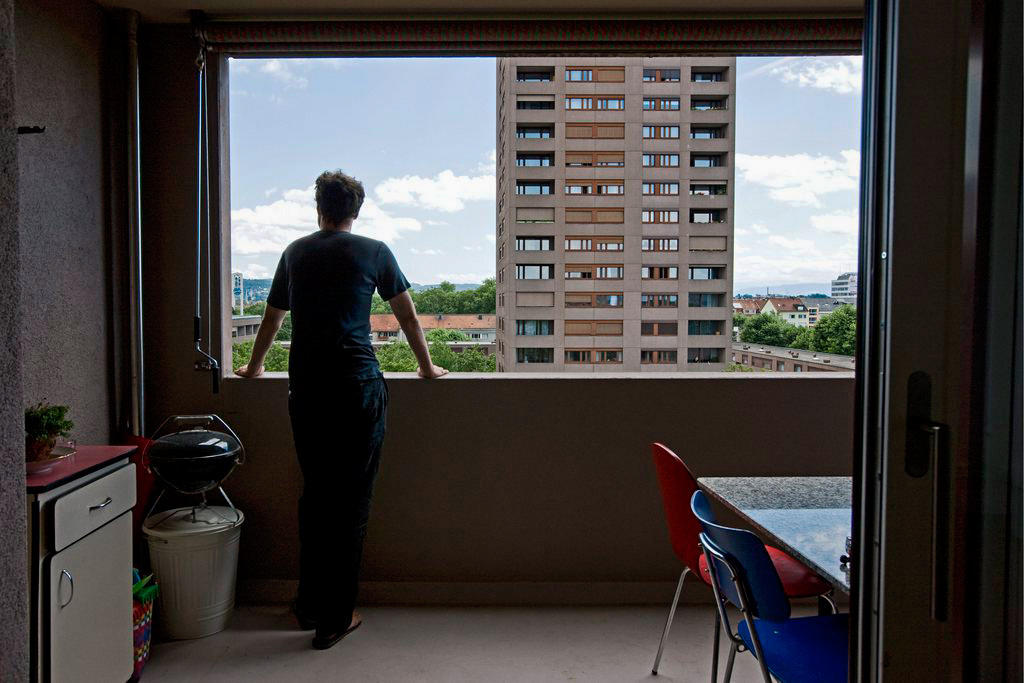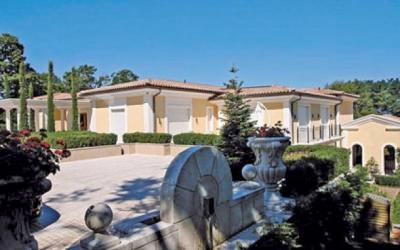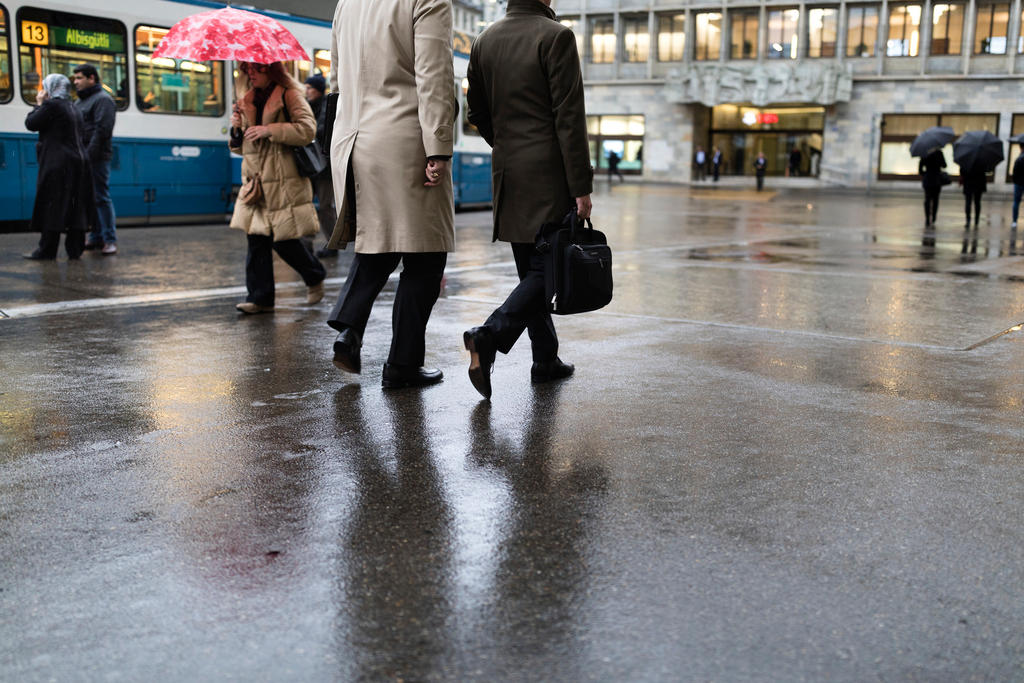Squeezing laundered money out of Swiss property

Swiss real estate is currently an attractive option for foreigners looking for high yielding Swiss franc investments. But there are also more sinister reasons for wealthy people from abroad to put their money into Swiss bricks and mortar – money laundering.
“Some criminals see Zug as a fashionable address to park their assets. Owning property there is a kind of status symbol,” says Susanne Grau, former economic crimes investigator with Zug police and now an independent consultant in the well-heeled, cosmopolitan city.
Grau was speaking at a recent forum organised by anti-corruption NGO Transparency International in Bern. This is not the first time that Swiss real estate has been linked to money laundering and organised crime.
In recent years the governmentExternal link, the financial regulator and the state prosecutor have all flagged up Switzerland’s continued vulnerabilities to money laundering and terrorist financing. However, anti-money laundering efforts have concentrated on Switzerland’s huge banking and asset management industries.
Switzerland has tightened up anti-money laundering provisions. For example, cash transactions above CHF100,000 ($103,000) now have to be reported and the list of politically exposed persons has been expanded. Nevertheless, the government has always felt that the best way of controlling real estate abuses has been to track the flow of money through the Swiss financial system. Laundering money through property is considered a threat, but no more so than via valuable artworks, freeports or by opening bogus businesses.
Time is ripe
Transparency International (TI) believes the time is now ripe for further measures to protect Swiss property from the clutches of foreign dictators, gangsters and tax evaders. This is because politicians are currently reviewing measures to tighten up the general law on foreigners buying Swiss property (Lex Koller). The authorities are also taking in the recommendations of recent report from the Financial Action Task Force (FATF) on Switzerland’s anti-money laundering record.
Martin Hiltl, TI Switzerland Executive Director, believes a pincer movement through these two channels could throttle the influx of criminal money into Swiss real estate. “This represents a real window of opportunity to pressure for change,” he told swissinfo.ch.
In particular, TI wants lawyers and real estate professionals to be required to play a fuller part in anti-money laundering efforts. The NGO also wants greater transparency on the Swiss land registry.
“At the moment we can check to see who owns specific properties,” Hiltl said. “But we can’t ask how many properties a suspicious individual owns in Switzerland. This needs to change.”
But not everybody is best pleased with these suggestions. Speaking at the TI forum in Bern, Marcel Hug, CEO of the Swiss Association of RealtorsExternal link, said the days of suspect Russian oligarchs paying massively over the odds for Swiss chalets is over.
Furthermore, real estate agents can’t be expected to run background checks on clients and the origins of their money like bankers, he argued. “Setting up such compliance procedures for the industry would cost a huge amount of money,” he said. “That would be passed onto the market, which would push up the price of property even further.”
International cooperation
Mark van Thiel, former deputy head of the Money Laundering Reporting Office (MROS)External link, thinks realtors should have to do more to protect Switzerland from money launderers. He understands that there are limits, but essentially agrees with December’s FATF report that calls on Switzerland to better regulate financial intermediaries, lawyers and other actors.
“You can build in check points such as the obligation to formally identify contractual partners and the beneficial owners of funds,” he told swissinfo.ch. “Switzerland’s anti-money laundering system is average compared to other countries. Some politicians say we have the best system in the world, but if we want to truly be best we have to do other things.”
Van Thiel, who now runs anti-corruption consultancy, The Institute for Compliance and Quality ManagementExternal link, would also like to see MROS have the power to cooperate with international investigations even in the absence of a domestic report of suspicious activity.

In compliance with the JTI standards
More: SWI swissinfo.ch certified by the Journalism Trust Initiative













You can find an overview of ongoing debates with our journalists here . Please join us!
If you want to start a conversation about a topic raised in this article or want to report factual errors, email us at english@swissinfo.ch.